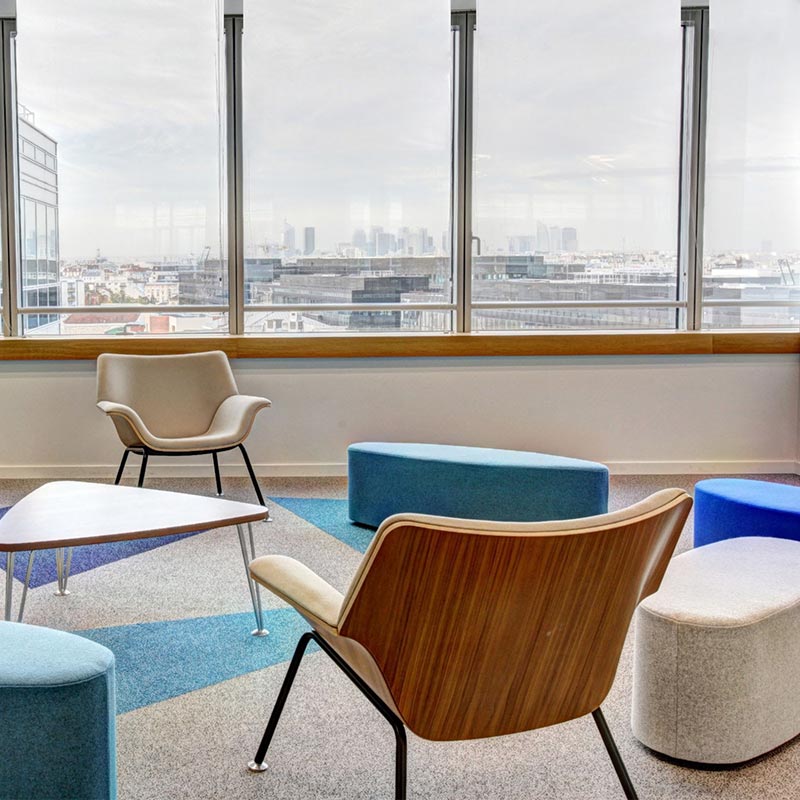Redevelopment
Redevelopment enhances the value of the property by replacing old construction that has structural issues with strong and modern buildings, and also unlocks additional FSI, if available.
The redevelopment proposal for every building is unique and needs to be drawn up after considering many different aspects. Even buildings located in the same neighborhood differ when it comes to redevelopment. We take the time to give the owners and society members all the relevant information and details of the offer so that they can make an informed decision.
We examine the feasibility of redevelopment based on the size of the plot, the current consumed FSI, built-up area, and carpet area, the road width, and road widening, if planned. We also consider whether it is located in a congested or non-congested area, or any other restrictions applied by the PMC in the area or at that time. For example, there are restrictions applicable for areas that fall under the TOD zone. Also, it’s not always feasible to consume the entire available FSI due to constraints such as the size of the plot, road widening, etc.
For homeowners, the most important aspects to consider are - what percentage of additional area is being offered, the rent, corpus, shifting charges, and any other monetary benefits that they will get.
It is a good practice for the society or members to appoint an architect and legal advisor when considering different redevelopment proposals.
The appointed architect should advise about the feasibility of redevelopment and indicate a range within which the offer for the additional area from the developers should fall. The architect should then help members analyze the different proposals received. The architect should help members to understand what is the best offer they can get, not just by a comparative analysis, but also with an actual feasibility report, along with a guarantee of plans being sanctioned based on the feasibility numbers provided by her/him.
We at Vriddhi Realty help members understand the feasibility in detail by answering all queries related to architectural, technical and applicable government laws.
The legal advisor can scrutinize the documents prepared by the developer, such as the MOU, development agreement, Power of Attorney, agreement to sale, etc
Standard Documents
- Society Registration Certificate
- Approved Building Plan
- Conveyance Deed / Lease Deed / Sale Deed
- Copy of Resolution by society members towards redevelopment
- List of members with their respective carpet areas
- Property Card
- D. P. Remark
- Extract of 7/12
- Documents / Deeds / Agreements etc. (As per the society’s plot)
- Search Report and Title Certificate
- Index II
- N. A. Order
- Commencement Certificate
- Occupation Certificate
- Completion Certificate
- Demarcation Old
- Share Certificate (in case of Society)
The Redevelopment Process
- Appointment of an architect and deriving feasibility.
- Appointment of a legal advisor to put the legal documents in order. In some cases, members prefer that the developer take care of this process. However, for a smooth and expedited process of redevelopment, we believe that it’s best to have all the documents ready to proceed.
- Receiving offers from developers and evaluating them, based on the feasibility indicated by the Architect.
- Selecting the top three or five offers based on the merit of each.
- Members should visit sites of the developer, the developer’s office, and check references from other societies he has redeveloped.
- Members should consider all aspects such as the quality of construction, how approachable the developer is, and his attitude. They need to have a high level of comfort and be assured of the transparency and financial capability of the developer before making the final choice.
- Once the developer is finalized a letter of intent/consent is given to him with signatures of the Chairman, Secretary, and/or all the members.
- The developer then prepares architectural plans as per the offer and based on the rules applicable by the Pune Municipal Corporation (PMC). These plans are then approved by the members.
-The members need to appreciate that the offer is given based on the information provided to the developer by the members. This offer may vary if there is any discrepancy in the data. For example, if the plot area differs as per the Government Demarcation or the B form, the offer will have to be adjusted accordingly. - The developer provides a draft of the MoU which is validated by the legal adviser.
- Once the draft is finalized it is signed by all the members and the developer.
- After the signing of the MoU, the developer is to be provided with all the necessary documents. A notice of 15 days is issued in the newspaper to invite any possible objections.
- If the Demarcation is available, the developer will prepare the development agreement and Power of Attorney once he has received all the documents.
- If the Demarcation is not available, the developer will apply for this with the members’ permission. At the same time, the developer will prepare the draft of the development agreement and Power of Attorney.
- Once the developer receives all the documents including the government demarcation, he prepares the final plans for submission. With the members’ consent, the developer submits the plans to the PMC for sanction with basic FSI.
- The PMC issues challans once the plans are approved.
- The development agreement and the Power of Attorney are signed after the challans are issued. Once the development agreement and the Power of
- Attorney has been executed, the challans are paid.
- The developer then purchases the TDR and the premium FSI and sanctions the balance plan with full potential.
- Once the final plan with the full potential is sanctioned, the developer intimates the members to move to alternate accommodation. They need to move within a month after the sanction. The developer provides shifting charges as well as the rent for their alternate accommodation.
- As soon as all the members shift to the alternate accommodation, the on-site development commences.
Note: The steps in the redevelopment process may differ from developer to developer or from project to project. At Vriddhi Realty, we follow the process given above, but this may also vary slightly based on the specific society or apartment or building requirements.



